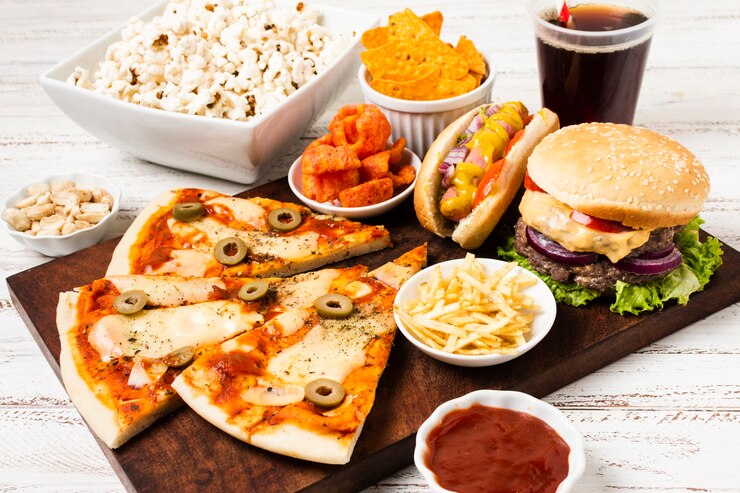Processed food often gets a bad rap, and mostly for good reason. As a rule of good health, you should enjoy a clean, natural diet and avoid eating processed food. However, it’s important to understand what processed food is and why it is unhealthy for you before you completely write it off from your diet. You should also be aware of the processed food options that are actually fairly healthy.
What Exactly Is Processed Food?
You have likely heard the term “processed food” with an added negative connotation. However, almost all food goes through some form of processing. Pasteurization, for instance, is a process that prepares a product for a longer shelf life by heating it to a mild temperature to eliminate pathogens. This process helps keep you safe from unhealthy bacteria that can make you sick. It is important to distinguish this type of processing from what you typically think of when you hear the term “processed food.”
There are different levels when it comes to processed food. The term “processed food” refers to types of food that have chemicals and additives not found in the food’s natural state. Processed foods are those you usually find on the center aisles of the grocery store. They are typically higher in sugar and fat. The chemical additives do not break down naturally in the body, with some being known as carcinogens.
Are All Processed Foods Unhealthy?
A common concern is that the consumption of processed food is bad for your health. There is a plethora of research conducted by nutrition experts who warn about the dangers of processed foods. Although a food product may fall into the category of processed foods, it does not always mean it is completely unhealthy.
Processed foods are on a wide spectrum when it comes to the level of nutrition they have. Some of the minimally processed foods, such as fresh-cut vegetables, roasted nuts, or bagged salad, are only processed for easier snacking and meal prep. These are otherwise whole ingredients.
Then there are processed foods that are canned or frozen at the peak of their freshness level to retain their overall nutritional quality for a longer shelf life. This category includes items like frozen fruits and vegetables, canned fish and chicken, and canned tomatoes.
Other less processed foods that are not considered unhealthy include natural peanut butter, organic yogurt, and natural whole grain bread.
Which Processed Foods Should You Avoid?
While some processed food is fine in moderation, you should try to avoid certain types of processed food. Products to avoid include any foods that have added ingredients to help retain texture or add flavor. This includes jarred or canned sauces, bottled salad dressing, and canned soup. These items have added sweeteners, artificial colors, and added preservatives.
Packaged crackers, processed cheese, microwavable meals, and frozen pizzas are also highly processed. Boxed mixes, cookies, soda, and frozen vegetables with added sauces are also not healthy.
How Can You Avoid Unhealthy Processed Food?
Most processed foods are easily identifiable, but you still have to be careful. You may assume some fresh items are unprocessed just because you find them in the freezer, the produce aisle, or in the meat case. To keep your processed food consumption to a minimum, you must diligently read labels. Be sure to research the different ingredients you see on labels to determine which are considered unhealthy. As a general rule, any food item with artificial coloring, preservatives, or words you simply cannot understand should be avoided or only enjoyed in moderation.
Processed food does not have to be completely unhealthy. You have to make wise decisions based on your and your family’s needs. Always research what you eat, but keep in mind that not all processed foods are created equal.
